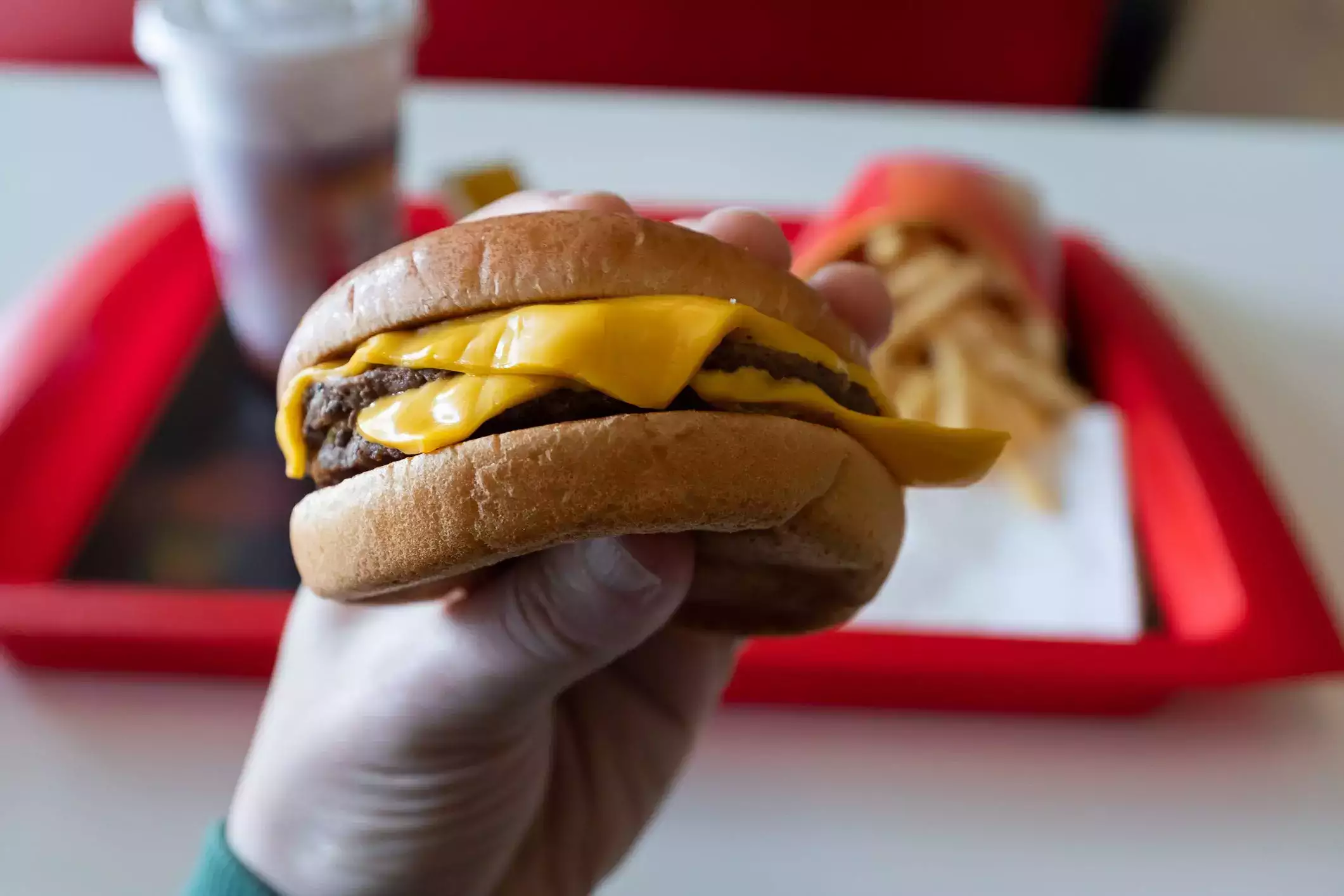Navigating Ultra-Processed Foods: A Human Perspective
Ultra-processed foods have surged into the spotlight as a growing concern for many, sparking worries about their impact on daily health.
Understanding the Stats
According to a 2024 research paper by Northeastern University’s Network Science Institute, approximately 73% of the US food supply is ultra-processed. Moreover, a 2019 study revealed that over 60% of calories in the average American’s diet come from these foods.
Defining Ultra-Processed
These foods are often a far cry from what you’d whip up in your kitchen, crafted instead through industrial techniques and containing ingredients that might raise eyebrows. Think candy, chicken nuggets, and soda. Surprisingly, even seemingly innocuous items like packaged whole wheat bread and fruit yogurt can fall into this category.
Feeling Overwhelmed?
Given their prevalence, reducing ultra-processed foods can feel daunting. To ease the journey, Linia Patel, a registered dietitian and public health researcher, shares three guiding questions.
1) Assessing Your Intake
Start by evaluating how much of your diet is comprised of ultra-processed foods. Patel suggests comparing against basic nutritional guidelines, like daily fiber and added sugar recommendations. Scrutinizing food labels is key, as not all ultra-processed foods are created equal.
2) Snack Smarter
For those who tend to snack, pay close attention to your choices. Patel highlights the common culprits like chips and cookies. Opting for nutritious alternatives like an apple with nuts can help curb cravings while boosting overall health. Patel advises even indulging in treats like chocolate strategically, pairing them with healthier options to moderate intake.
3) Understanding Your Habits
Changing eating habits requires self-awareness and patience. Some may thrive with a cold turkey approach, while others benefit from gradual shifts. Start with manageable changes, perhaps focusing on snack choices initially, then expanding to other meals over time.
In essence, Patel emphasizes the importance of a balanced approach, focusing on overall dietary patterns rather than fixating on eliminating ultra-processed foods entirely. By making mindful choices and understanding personal behaviors, navigating away from excessive ultra-processed consumption becomes not only feasible but also sustainable.















































